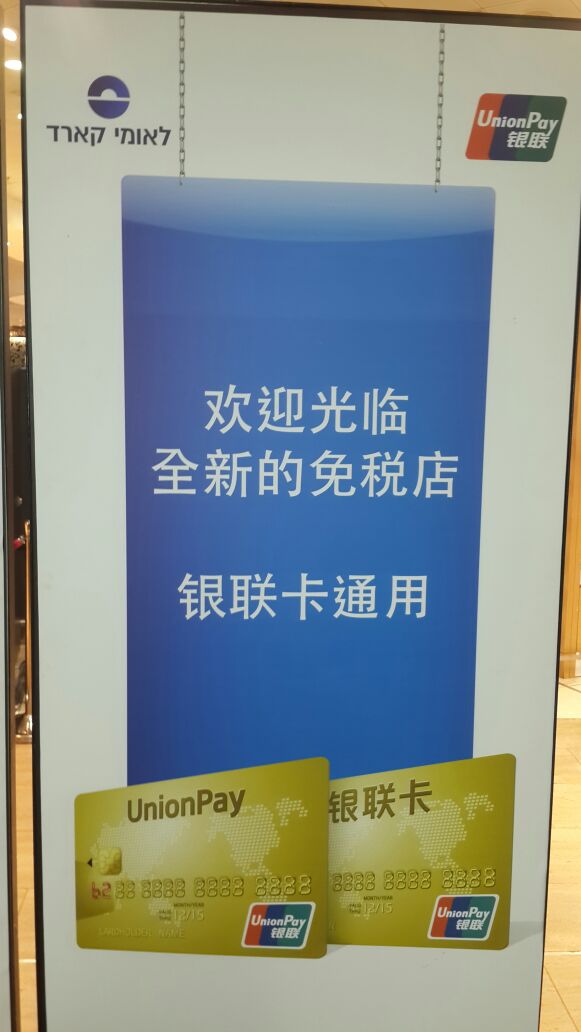Accurate translations are essential to any business with a global reach. This is especially true in the pharmaceutical, biotech, and medical device industries. The consequences of inaccurate software translations in these fields go beyond stalling research and production effort: If certain key documents, processes, and related softwares are mistranslated, patients could be harmed.
That’s one of many reasons why drafting the initial English versions of any medical documents with care and precision is important. The clearer the original document, the easier it is to translate to another language.
Additionally, it’s necessary to hire professional translators that are subject matter experts (SMEs) within the medical field and familiar with jargon. Being fluent in the target language isn’t enough; they must also be able to convey the intent and technical aspects of the original English document with absolute accuracy.
Poorly translated documents affect the organization, too. For example, these could deter investors that may fear mistranslations will lead to safety issues and costly litigation. To minimize the risk, companies must ensure all translated documents and software are carefully edited and reviewed by medical translation professionals before they are officially released.
Understanding the Field
Medical translators must understand the nuanced language of the industry. They should also have a deep and thorough understanding of the target region’s regulations, laws, and subtle linguistic variations.
For added security, it’s wise to hire a translator that is familiar with the specific subject matter. For instance, perhaps a company is conducting clinical trials of a new drug for diabetes patients. Ideally, their translator would have an MSc or PhD related to pharmaceuticals, experience drafting or reviewing clinical trial documents, and experience in treating or studying diabetes.
This same principle applies to regulatory documents, pharmaceutical labels, and any other documents or softwares that could put patients or the company at risk if a translation error were to occur.
The Importance of Quality
Keep in mind that official medical documents are not the only materials for which accurate translations are essential. After all, a company’s promotional materials, web presence, and general software often provide a client with their first impression. If they notice a translation error, they may assume the company doesn’t meet their rigorous standards for professionalism and quality.
The potential consequences this article outlines represent a mere fraction of the risks involved in poorly translated medical documents. When companies within these industries hire professional, experienced medical interpreters, they’re ensuring accuracy, quality, and safety for both themselves and the public.





